
Gratitude at Work
Everyone knows that one boss people actually want to work for. What's his secret? While most men focus only on skills and results, the ones moving up faster do something much simpler. They recognize other people's contributions. Next time someone helps you out, try "That client call you handled just saved this project" instead of just "thanks." Even the office jerk responds to specific appreciation. This tiny habit can make you the leader people actually want to follow.

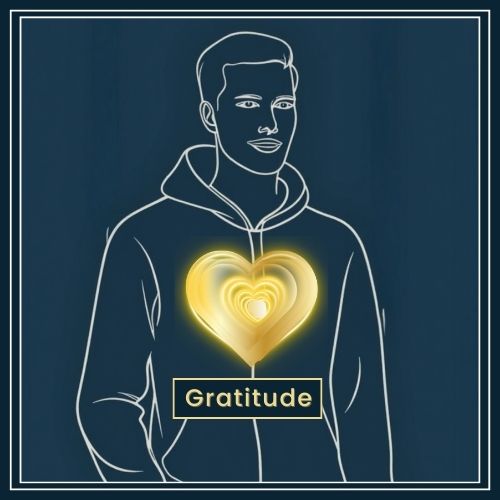
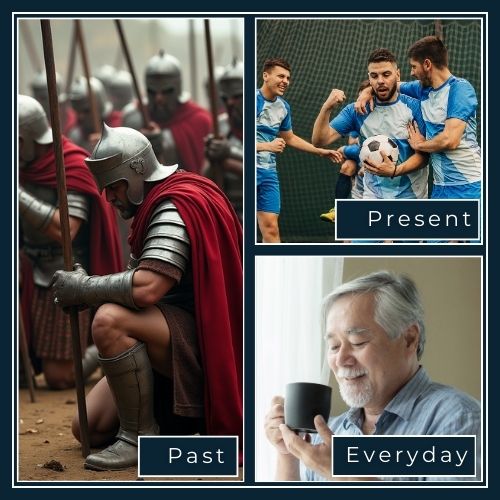
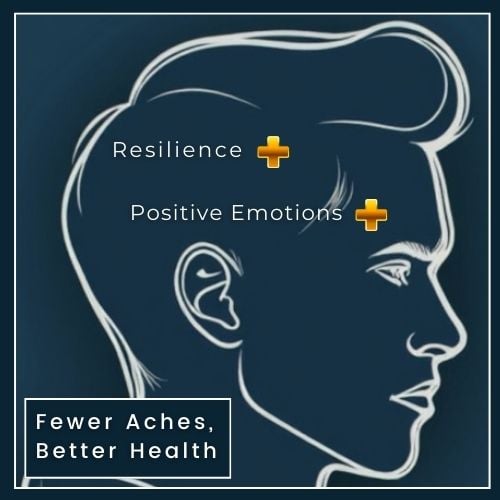
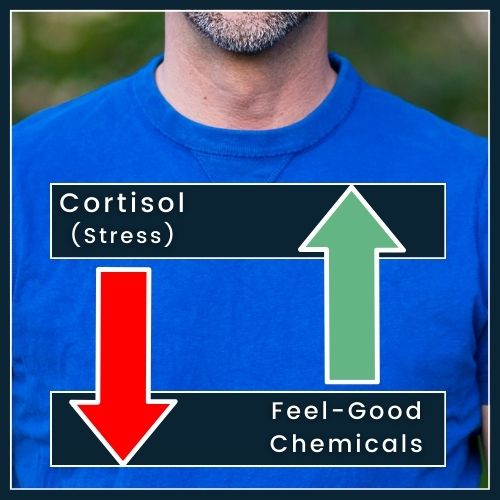
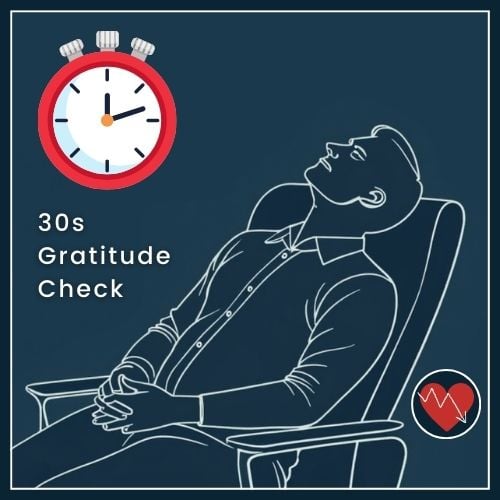

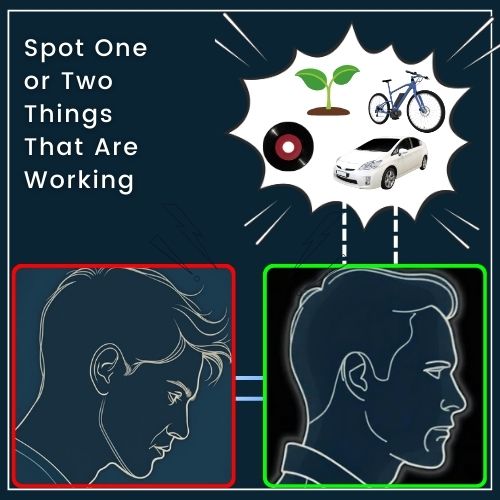




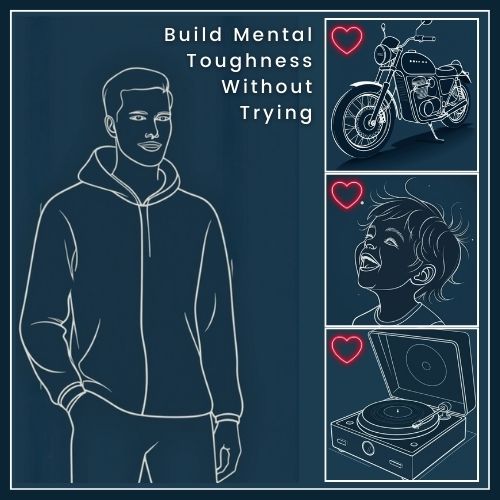
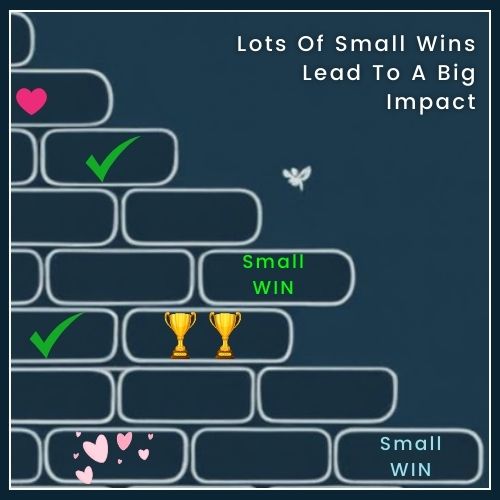


Practicing gratitude daily has genuinely helped me stay grounded, especially during stressful times when it’s easy to focus on what’s going wrong. One thing I’ve noticed is how even small rituals, like writing down three things I’m thankful for, can shift my entire mindset. Do you think gratitude practices are more effective when done in the morning versus at night? I’ve also wondered how to keep the practice fresh. Sometimes it starts to feel repetitive. Are there ways to deepen the experience beyond journaling or affirmations?
Hi Slavisa,
That’s a great point. In our team, one of us keeps morning lists, while the others prefer to check in before bed. As long as it fits your routine, the timing doesn’t matter.
It helps to try different ways now and then — maybe write to someone who made a difference, send a voice note, or scroll through old photos that remind you what you’ve got to be thankful for. It helps to keep gratitude genuine instead of forced.
The MaleSuave Team
This article really resonated with me! I appreciate how you broke down the science behind gratitude and its tangible benefits, like reduced stress and improved sleep. The practical tips, such as the 30-second gratitude check and the two-minute brain hack, are easy to implement and make the practice feel accessible. I especially liked the idea of making "thanks" more meaningful by being specific. It's a reminder that small shifts in perspective can have a big impact. Thanks for sharing these insights!
Hey Bob,
Good to hear! The 30-second check and the two-minute hack are easy ones to start with.
Thanks for reading!
The MaleSuave Team